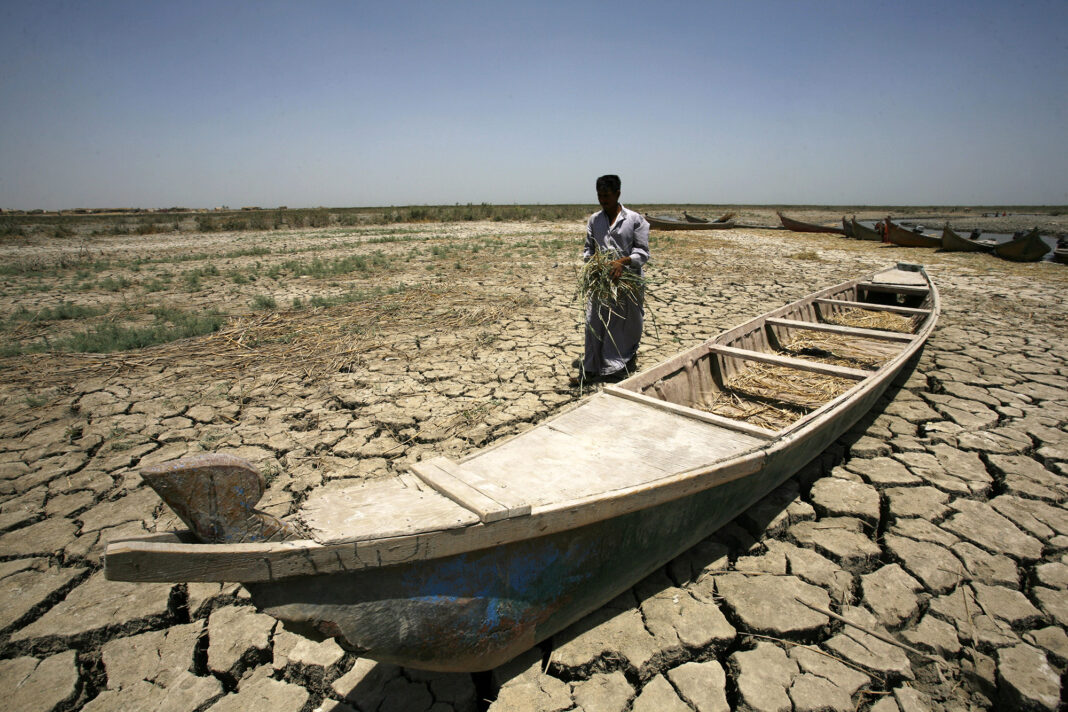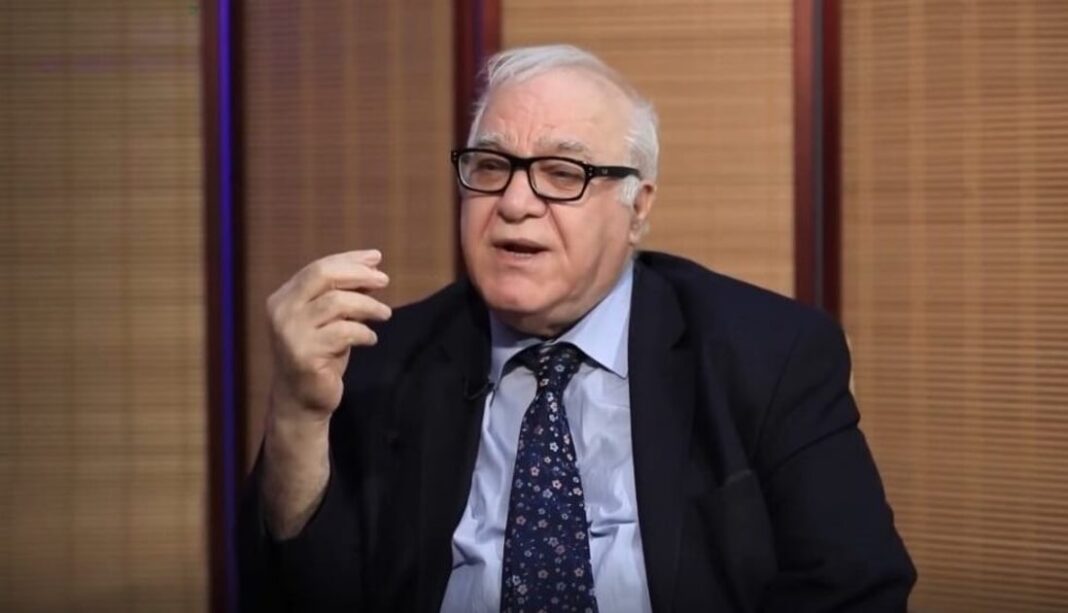Along the shrinking banks of the Euphrates River in Kufa, life feels very different for fishermen like Ahmed and Karim. Every morning, they wake before dawn and cast their nets with hope. However, the catch is never what it used to be. Indeed, the once-plentiful waters are fading rapidly. For them, the harsh reality of rivers in retreat has become a daily challenge.
Across Iraq, many families face similar struggles. Due to years of drought and climate change, water scarcity has disrupted routines, diets, and even health. The Tigris and Euphrates, once flowing abundantly through towns and cities, now barely sustain communities. As a result, people must rethink how they live, work, and provide for their loved ones.
In Basra, the crisis has introduced a new enemy: saltwater. Consequently, rising salinity has contaminated drinking water, leaving residents wary of their taps. Mothers especially worry about health risks for their children, including kidney problems linked to brackish water. Therefore, local officials like Mahdi Al-Tamimi urge swift action to protect vulnerable neighborhoods from worsening conditions.
As water becomes scarce, everyday habits change drastically. Many residents now collect rainwater whenever they can or rely on expensive bottled water instead. Furthermore, cooking and cleaning routines adjust to use less water. Meanwhile, farmers watch their fields dry up and seek alternative ways to keep crops alive.
Since the threat of lost farmland and shrinking wetlands grows, food security feels fragile. Moreover, climate change and upstream water controls from neighboring countries worsen the problem. Reduced rainfall and limited river flows have placed Iraq among the world’s most water-stressed nations. In addition, the country’s marshlands, once vibrant and vital, are disappearing.
This loss affects not just the environment but also cultural traditions tied to the land and water. Despite these challenges, communities show remarkable resilience. Fishermen still cast nets with hope every day. Similarly, families adapt their daily lives to survive.
However, the reality remains clear: rivers in retreat signal a lifestyle slowly changing in Iraq. Unless urgent solutions are found, the future may hold even greater hardships for those who call this land home.



